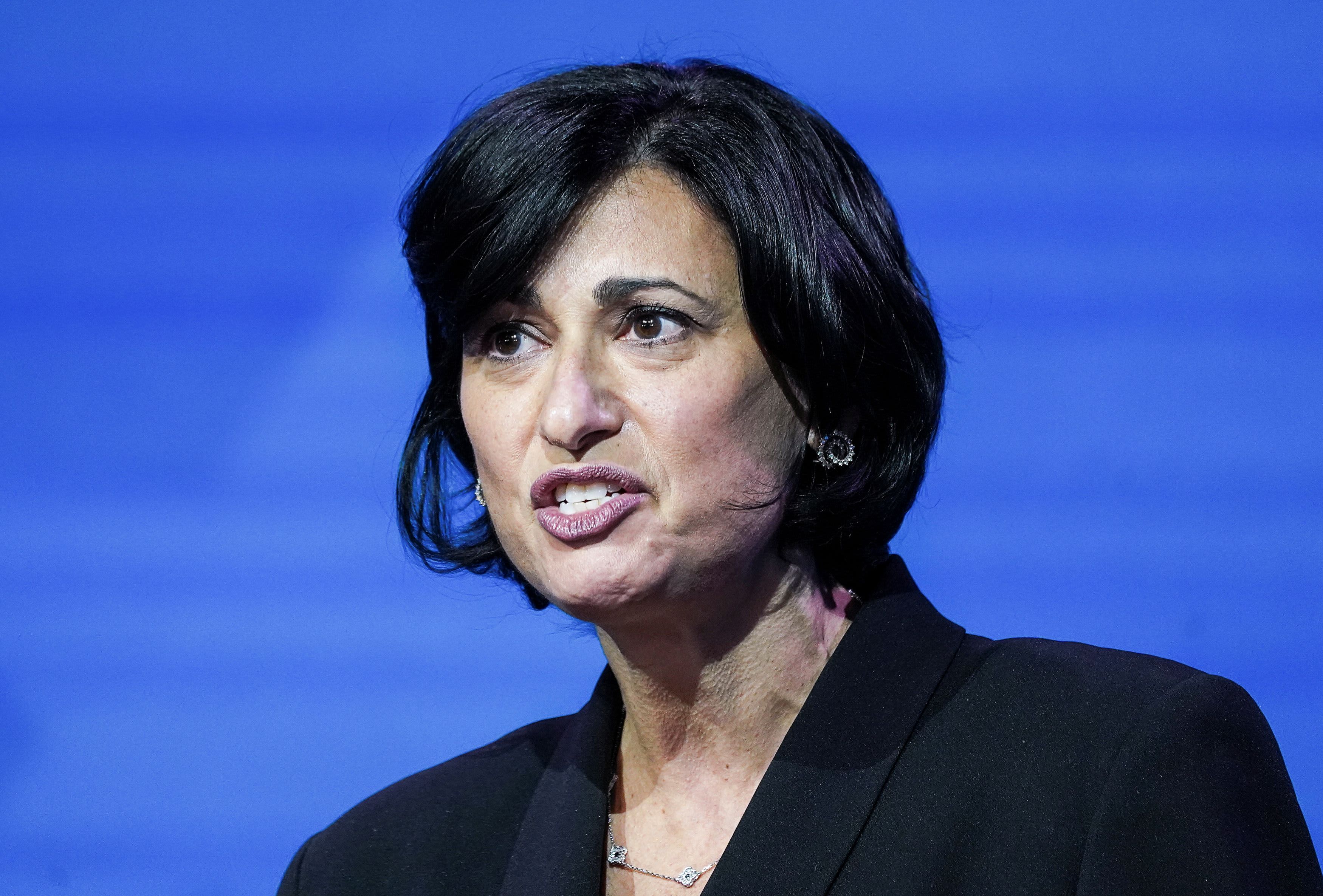Nineteen more cases of the highly contagious United Kingdom variant of COVID-19 have been detected in Massachusetts, bringing the total number of known cases infected with this strain in the commonwealth to 29, state health officials announced Sunday.
According to the Massachusetts Department of Public Health, only four of the total 29 cases have evidence of recent travel, suggesting that the majority of cases identified in the Bay State are community-acquired.
State health officials are urging residents to take continued protective measures to prevent the spread of COVID, which is the best defense against a rapid rise in cases from variants.
Of the new B.1.1.7. variant cases reported Sunday, three have been identified in people younger than 19 years old. Total cases have ranged in age from four years to almost 70. They include 13 females and 16 males.
There have been 17 cases in Worcester County, six in Norfolk County, two each in Middlesex and Plymouth counties, and one each in Hampden and Suffolk counties.
The B.1.1.7 variant, originally identified in the United Kingdom, was first detected in Massachusetts on Jan. 17, 2021. The first case was in a Boston woman in her 20s who had traveled to the U.K. and returned back to Boston on Jan. 3, where she remained at Logan International Airport for a two-hour layover before flying on to another state, according to the Boston Public Health Commission.
The UK coronavirus variant was first detected in the United States in late December 2020.
This particular coronavirus strain is known to spread more easily and has caused a rapid surge of cases in the UK, several other countries, and in parts of California and Florida.
More on COVID Variants
Two other variants of concern are the B.1.351 originally found in South Africa, and the P.1 variant, which originated in Brazil. Currently, there are no confirmed cases of those two variants in Massachusetts.
Doctors and infectious disease experts have voiced concerns over the new COVID-19 strains, saying they could reverse recent trends of declining cases and hospitalizations.
U.S. Centers for Disease Control and Prevention Director Dr. Rochelle Walensky has said it remains important for people to wear masks, stay six feet away from other people and avoid poorly ventilated spaces.
Dr. Walensky also said a recent CDC study that found wearing two masks is better than one in slowing coronavirus spread underscores the importance of wearing a mask correctly and making sure it fits closely and snugly over the nose and mouth.
Mask fit can be improved by using a mask with a nose wire and by using a mask fitter or by knotting the ear loops and tucking the sides, while mask filtration is improved by using multiple layers.
Health officials say other critical public health measures to help prevent the spread of COVID include social distancing (staying 6 feet away from others), avoiding groups, staying home when you are sick, getting tested if you have symptoms or are identified as a close contact of someone with COVID, and getting vaccinated when it is your turn.



